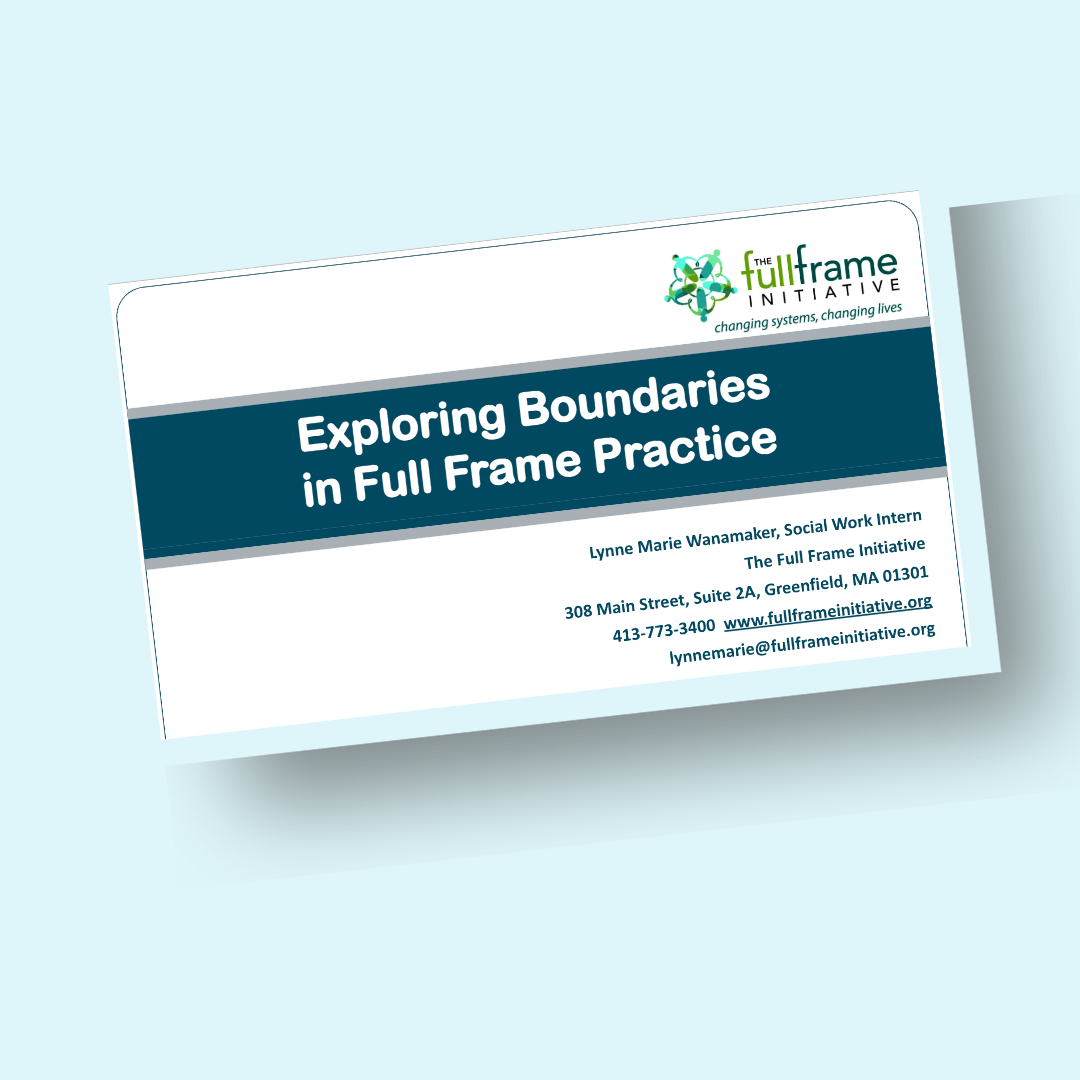
This training helps you examine why boundaries are in place and where they should be flexibility.

This exercise can help you surface the kinds of tradeoffs that we weigh and why it's important to anaylze why you say yes or no to something.

We're all hardwired for wellbeing, and therefore are constantly weighing tradeoffs and talking about them.
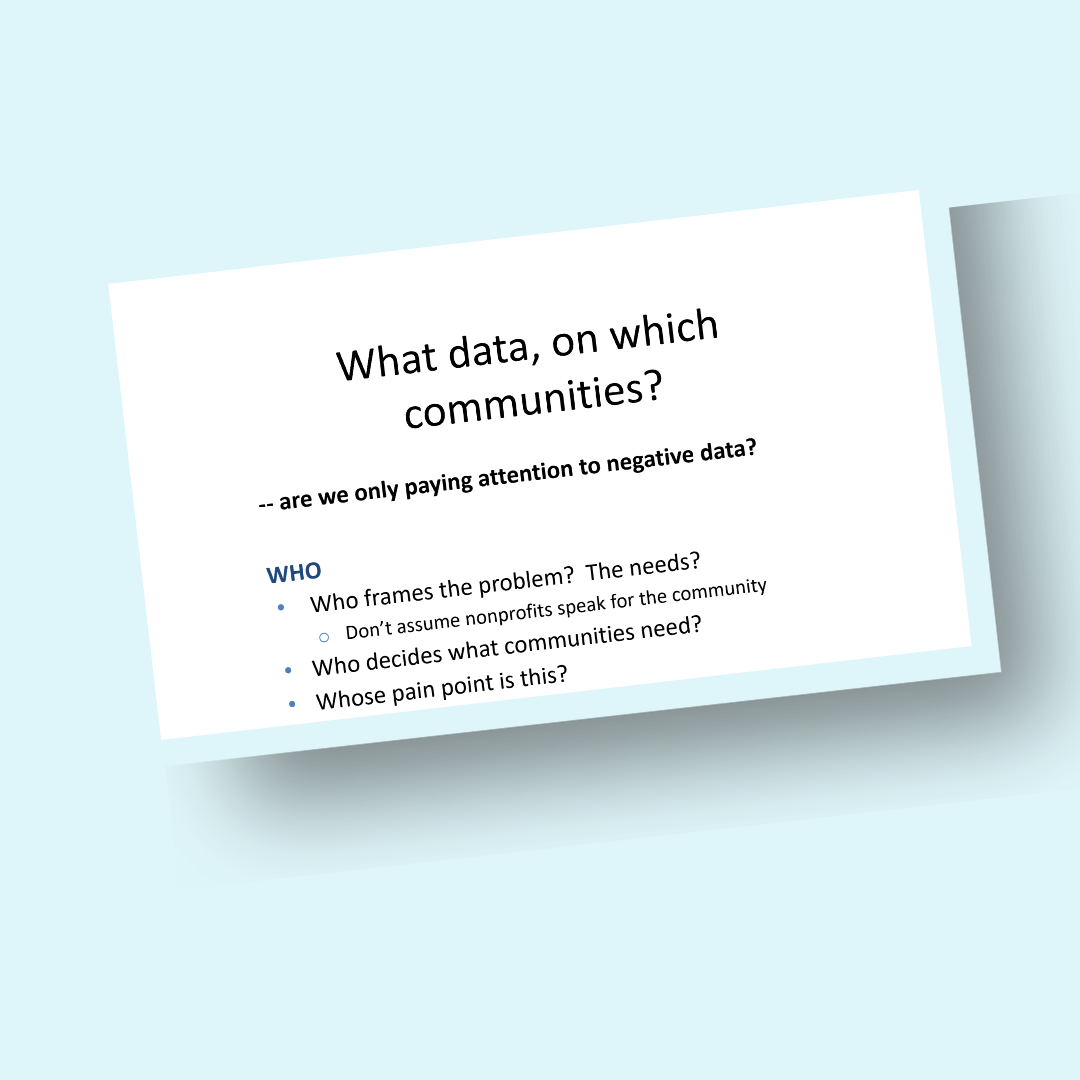
This document asks questions about the data we're paying attention to and the perspectives we accept.

This collection of slides and exercises highlight how confirmation bias shows up.
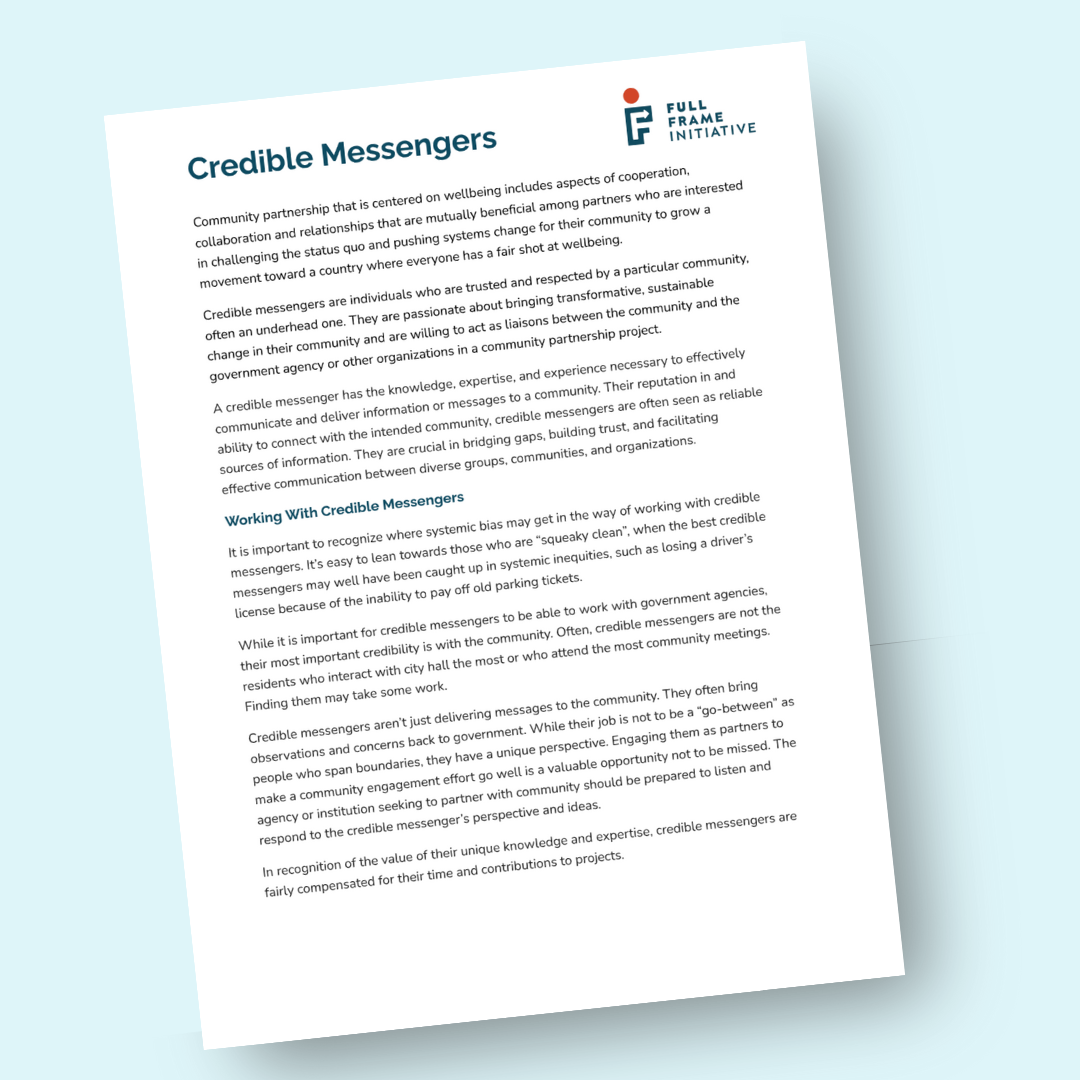
This document outlines how to engage credible messengers in community partnerships that center wellbeing, challenge the status quo, and drive systems change.
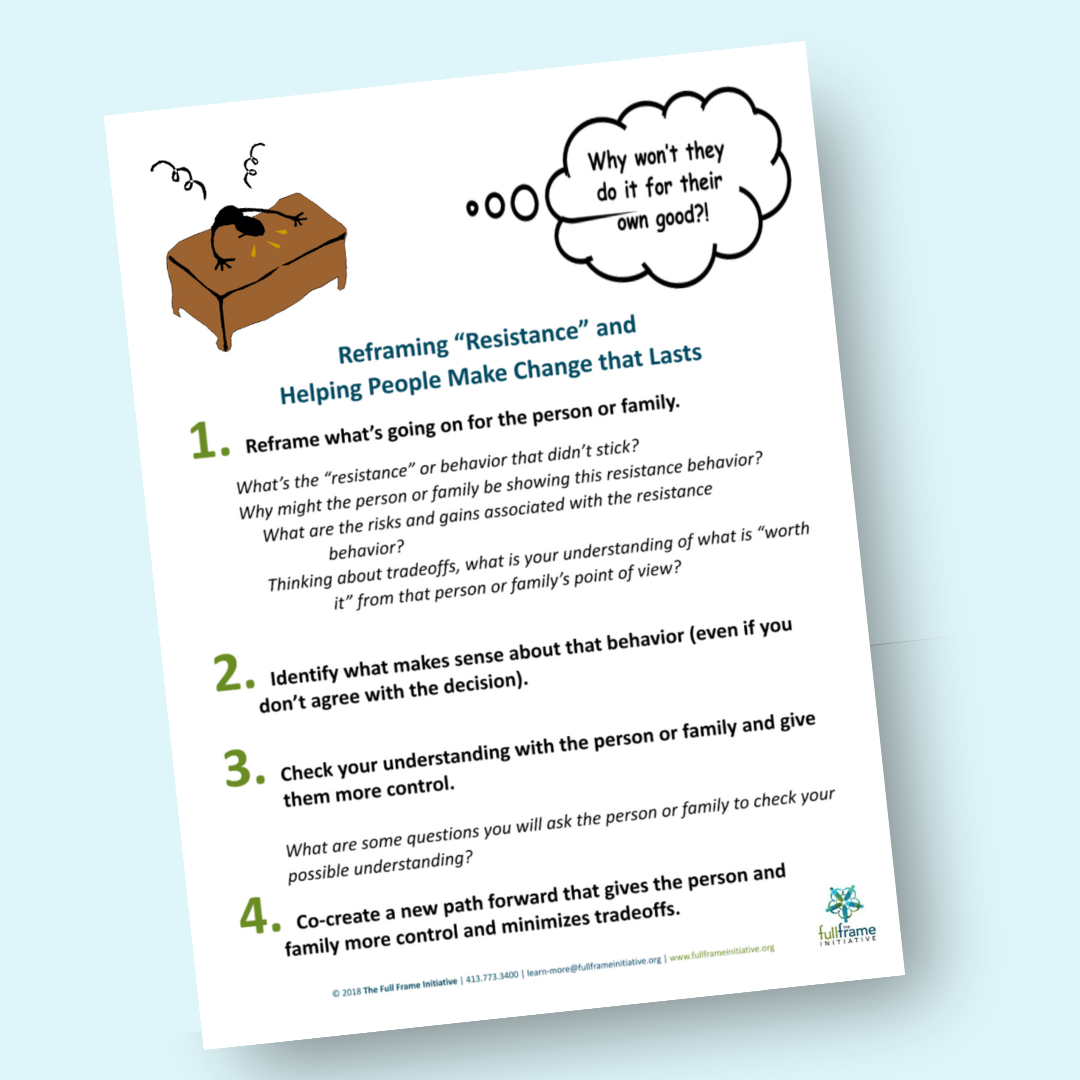
This cheat sheet links the understanding of resistance as weighing tradeoffs and being driven by wellbeing.
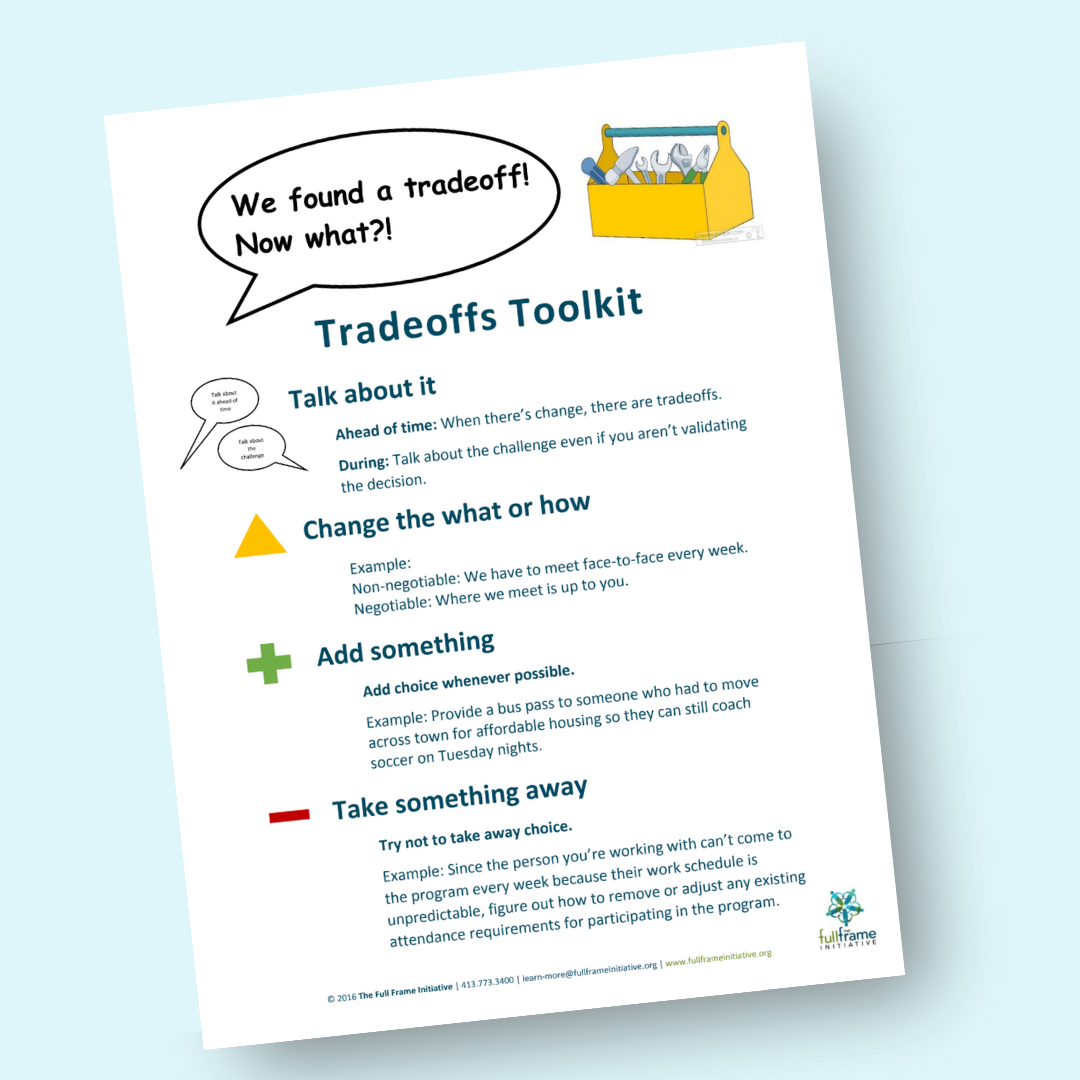
Change always involves tradeoffs, whether that change is desired or not.
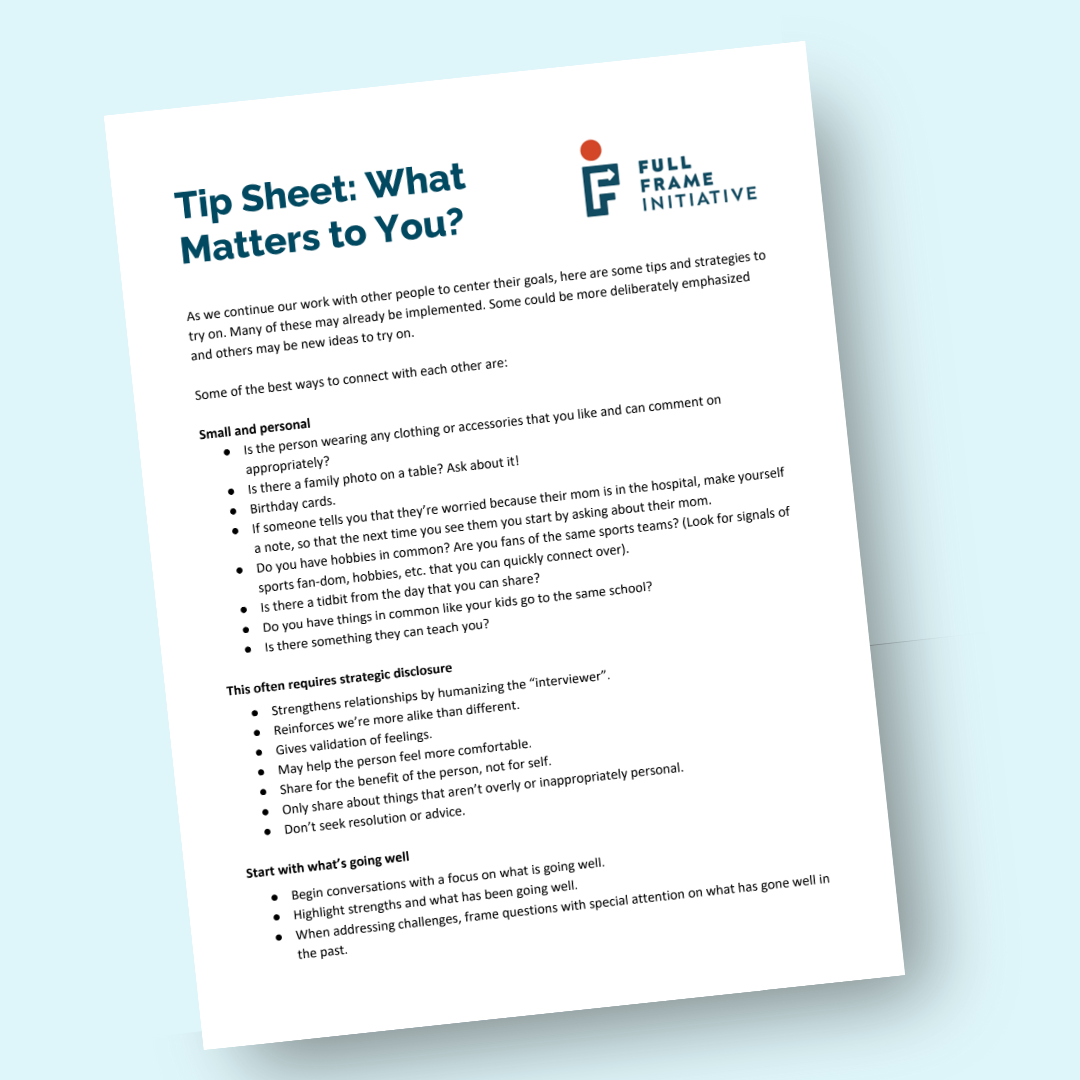
When we engage people to better understand their drivers for wellbeing, it is important to create rapport.
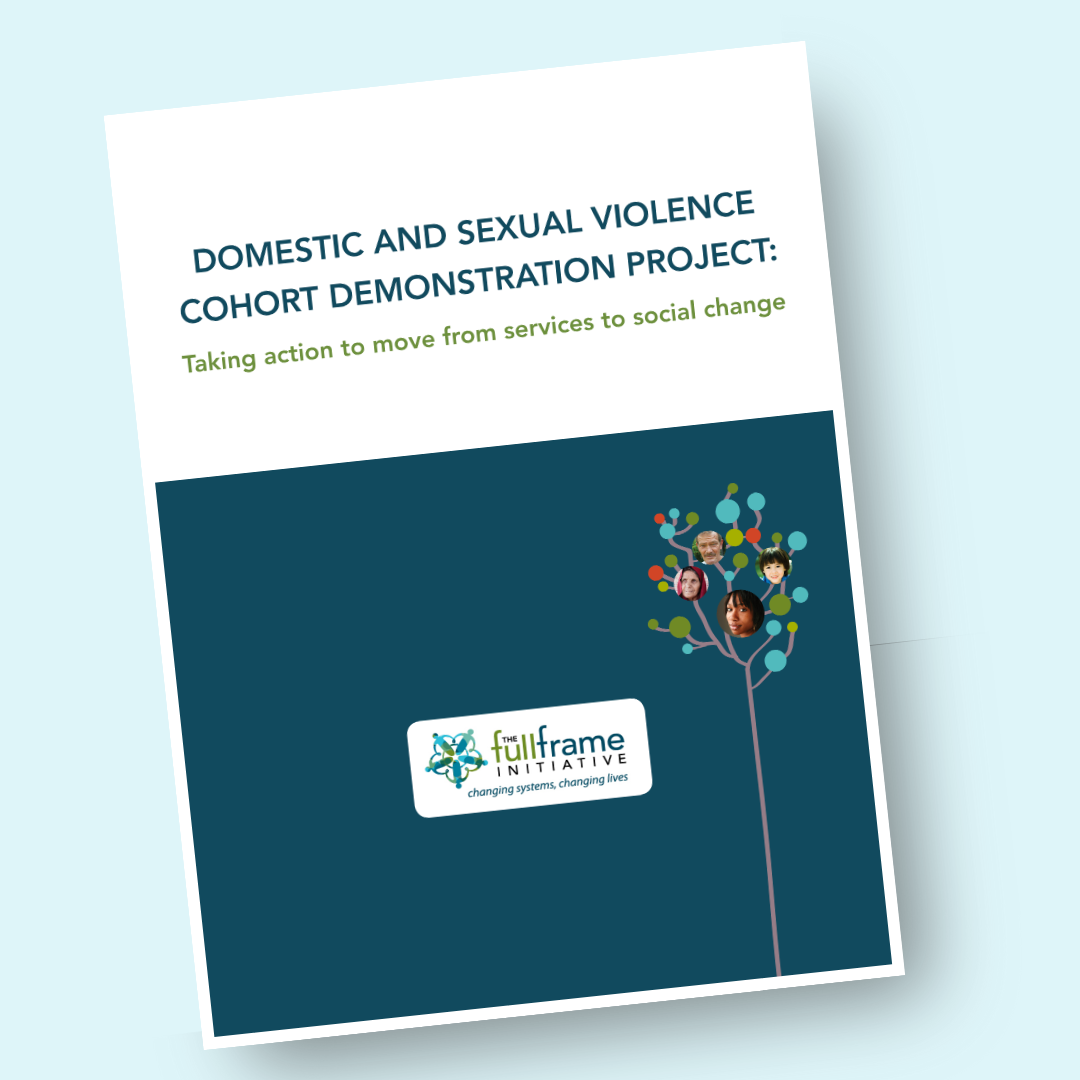
FFI convened a cohort of domestic and sexual violence programs and the group reported on their experiences and recommendations for shifting the field.
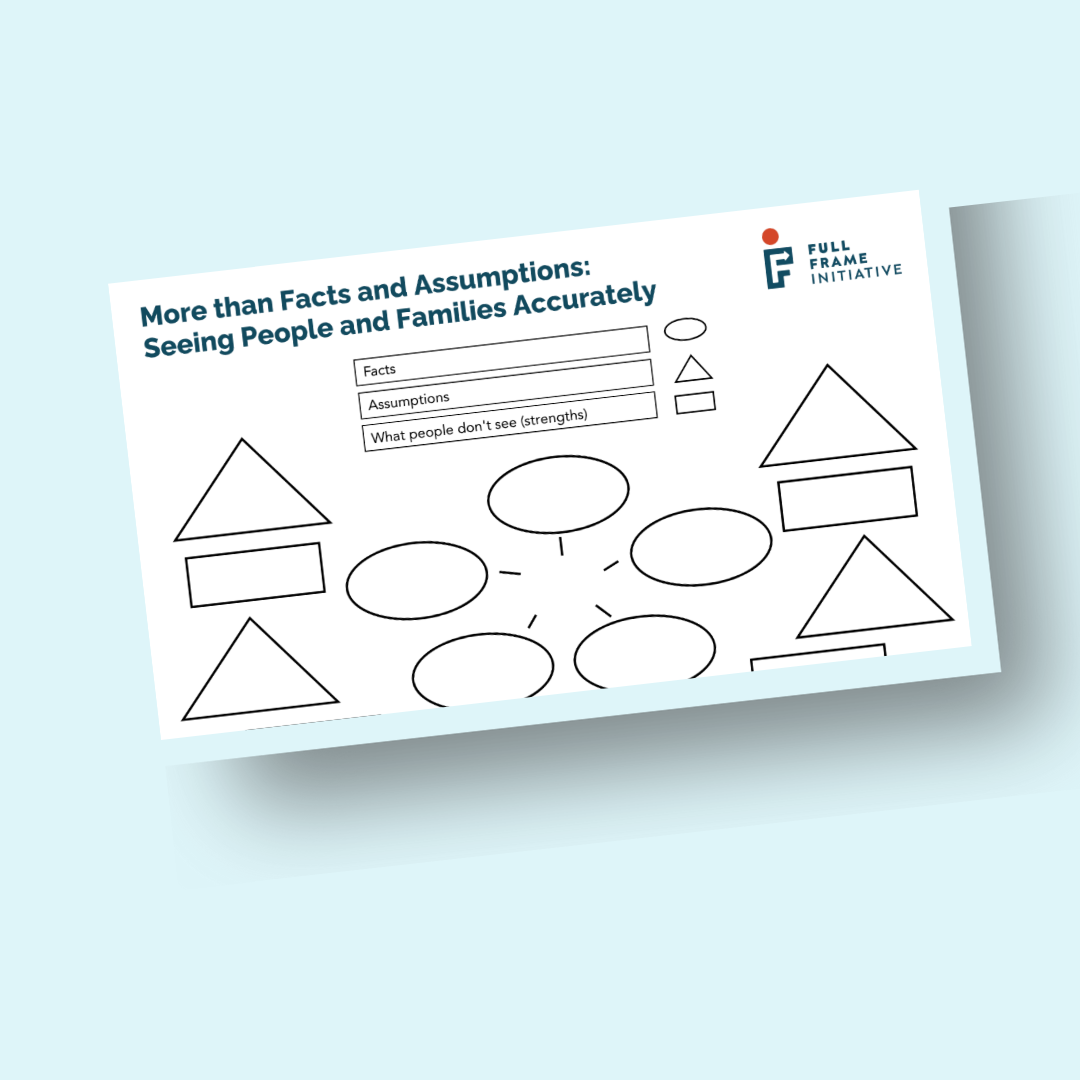
This exercise and facilitator guide can help you outline facts and assumptions we make about someone.
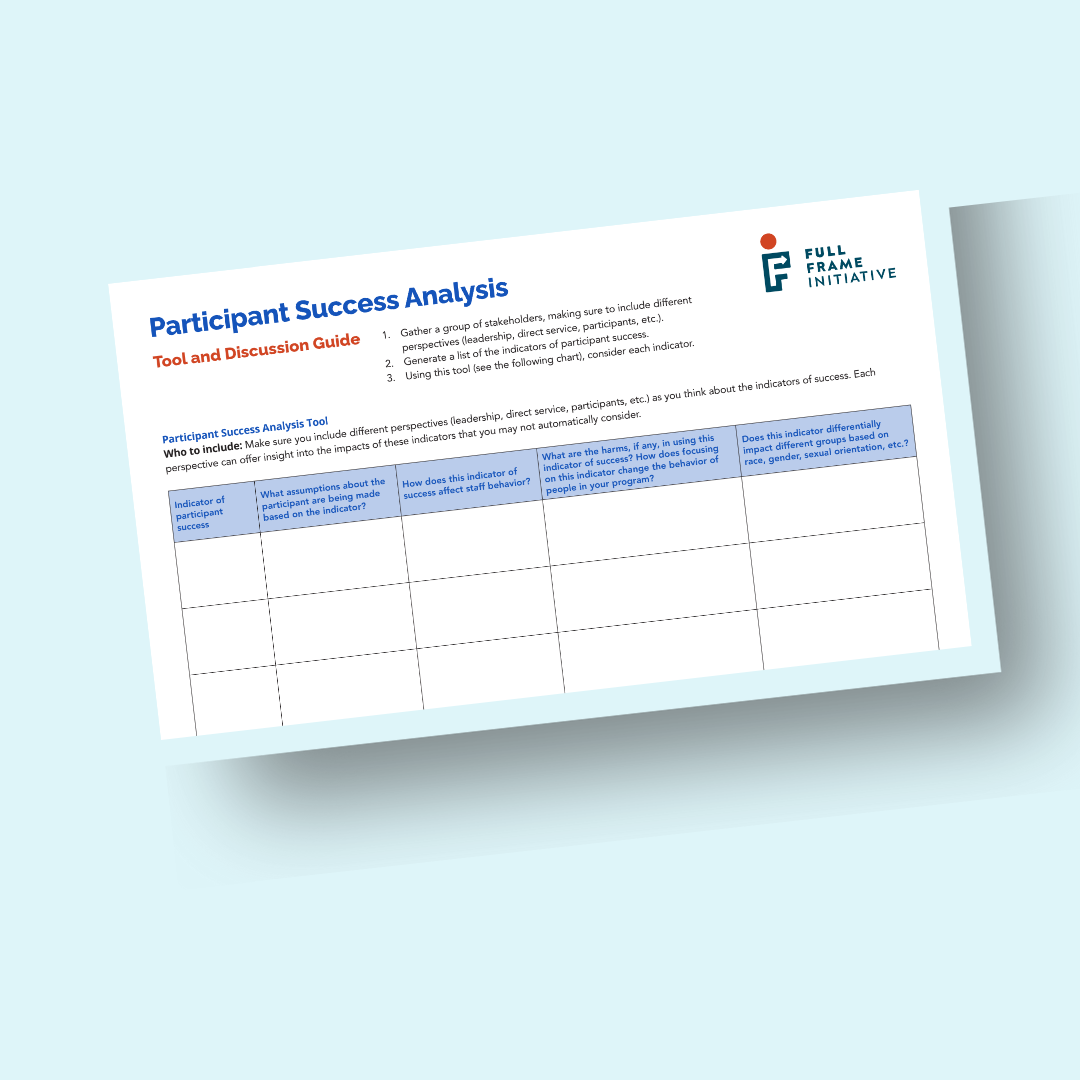
This tool provides a list of questions to consider when analyzing data and indicators of success for program participants.